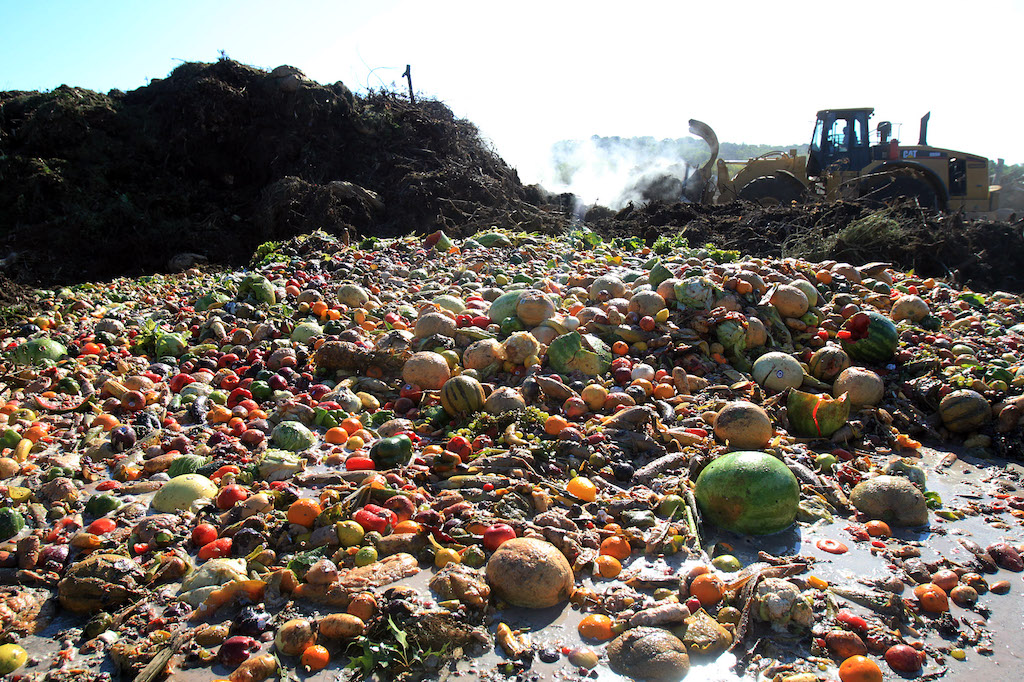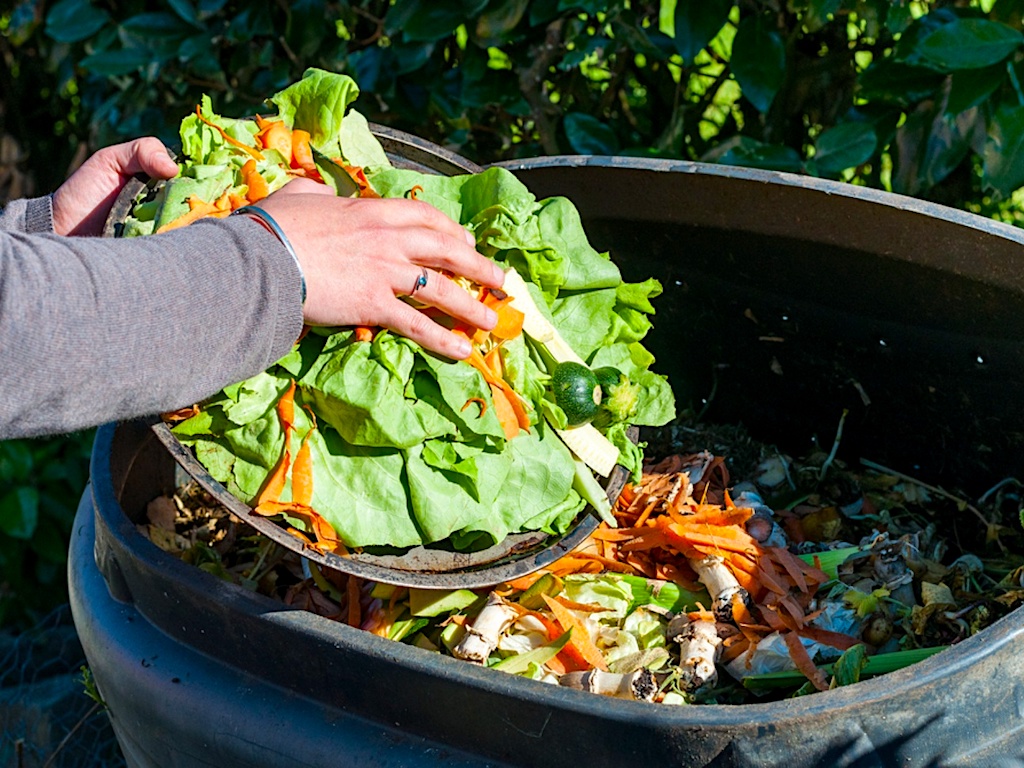4 Mins Read
A new study by Dutch scientists finds that the wealthier we get, the more food becomes wasted. Linking throwing out food to affluence, the researchers highlight the challenges that lie ahead for combating one of the biggest environmental issues in the world – food waste. Especially in Asia where nations are undergoing rapid urbanisation, development and middle-class population growth, the food waste problem will likely undergo an “explosion” if left unchecked.
Dutch scientists at the Wageningen University in the Netherlands have published their findings linking affluence to food waste in the peer-reviewed journal PLOS ONE. Researchers found that once people spend over US$6.70 a day, their food waste increases sharply.
Rather than relying on often misleading surveys about household food waste, the researchers modelled how much people were eating based on their bodyweight and activity, and compared average food consumption figures from the World Health Organisation (WHO) to the average consumer affluence according to data from the World Bank.
Although a daily expenditure of US$6.70 might not appear very high, half of Asia Pacific and Africa are currently below that threshold – meaning that as affluence begins to increase in developing nations, global food waste will rise sharply. According to the study’s data, countries such as Indonesia and the Philippines are currently close to the threshold of a food waste “explosion”.

“Rich countries have the disease of food waste. They need a cure, but currently growing countries will get the problem of food waste and they need prevention,” said applied economist and researcher Dr Monika van den Bos Verma.
Prior to this study, there had been little investigation into the cause of food waste. While the United Nations Food and Agriculture Organisation (FAO) estimates that globally, a third of food produced for human consumption gets discarded, relatively few studies have been focused on why so much food is being wasted at the consumer level. Dr van den Bos Verma and her colleagues hypothesise that as people become richer, they begin to value food less because it becomes cheaper for them to purchase.
“Currently in rich countries, you only spend 10% of your income or even less on food,” Dr van den Bos Verma said.
The study highlights the inevitable environmental challenges that lie ahead for combating global food waste as developing nations grow. For now, more food waste occurs in the production end rather than in the consumption end in developing nations, but this will likely change in the near future. Shifts are already occurring in Asia, where a third of households waste 1 to 2 plates of food per week, with the wealthiest countries such as China and major urban cities like Singapore and Hong Kong contributing the most food waste.
As a whole, Asia is already generating over half of the world’s food waste, and this trend will lead to cascading impacts for food security, health and the climate crisis. Discarded food compounds the issues of everyday hunger and malnutrition at one end, whilst escalating chronic health problems such as obesity and diabetes on the other. In addition to being responsible for 10% of global carbon emissions, wasted food often gets sent to overflowing landfills as well as incineration sites, a process releasing even more greenhouse gases driving the climate crisis. This in turn will bring about unpredictable weather patterns threatening food security.

Despite the bleak outlook, action can be taken before it is too late. According to a previous study published in Nature Climate Change, rich countries can take the lead – they found that if just 20% of advanced economies adopted a plant-based diet and eliminated food waste, it would lead to a significant reduction in global emissions.
A number of startups are also coming up with solutions in Asia. Singapore’s Lumitics, for instance, has created a smart food waste tracker called Insight that uses sensor technology and image recognition to identify types of food thrown away in commercial kitchens. This would allow the hospitality and F&B industry target waste reduction strategically. Another firm in Japan, Sagamiya Foods is exploring the use of weather data to reduce food waste at source to predict consumer demand and reduce surplus production.
Lead image courtesy of Shutterstock.




